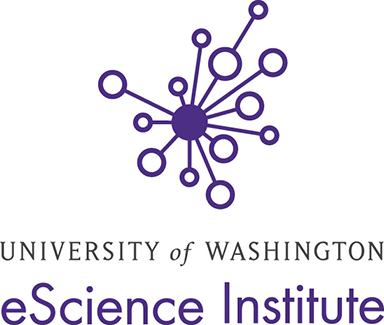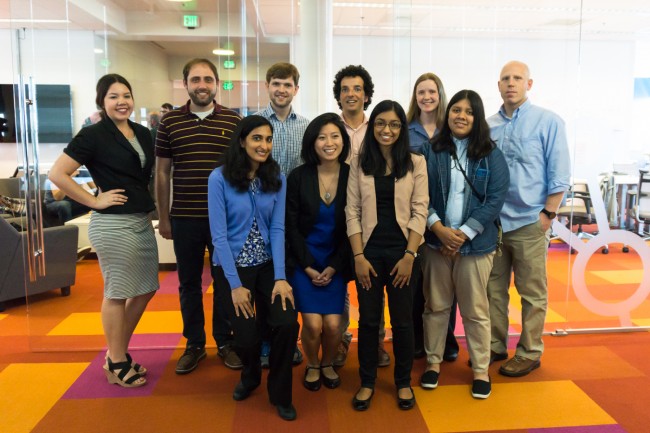 “What did you do on your summer vacation?” is a common refrain as students and faculty return to campus. For the students who took part in the UW eScience Institute’s Data Science for Social Good program, they can honestly say they spent their summer trying to make the world a better place – and they did it with data.
“What did you do on your summer vacation?” is a common refrain as students and faculty return to campus. For the students who took part in the UW eScience Institute’s Data Science for Social Good program, they can honestly say they spent their summer trying to make the world a better place – and they did it with data.
DSSG gave students from a range of disciplines the opportunity to work with data scientists and public stakeholders to apply the latest data analysis and visualization techniques to address challenges faced by urban communities. Ben Romano of Xconomy was on hand last week as the teams presented the results of their work. From his excellent article posted today:
“Earn a degree in the field of data science these days and your ticket is punched: Google, Amazon, Facebook, leading-edge academic research, a well-funded startup—they’re all clamoring for people proficient in the tools and techniques needed to sift through today’s endless streams of digital data in search of something valuable.

Family homelessness team (project sponsored by the Bill & Melinda Gates Foundation and Building Changes)
“Social service organizations and local governments are confronting the data deluge, too, often without the capacity to pay the salaries that profit-driven companies can offer these sought-after experts.
“Enter the University of Washington’s just-concluded Data Science for Social Good summer internship. The program set interdisciplinary student teams, guided by professional data scientists and subject-matter experts, to work on thorny, real-world urban problems including family homelessness, paratransit bus service, community well-being, and sidewalk mapping for accessible route planning.
“During their final presentations last week, four student teams showed off tools they built over the summer that should provide lasting value to the organizations whose data they worked with, and the community at large. In sharing their process, the teams also highlighted the challenges inherent in drawing insight from big data.”
The article highlights the enthusiastic response to DSSG when it was announced: more than 140 students applied to the summer program, of which 16 students drawn from 10 disciplines were selected to participate. One team developed tools to help identify the programs that are most helpful to families facing homelessness. Another, advised by Anat Caspi of UW CSE’s Taskar Center for Accessible Technology, sought to improve the reliability and cost-effectiveness of local paratransit services for people with disabilities.
Read the complete article here and learn more about the DSSG student projects here.
Congratulations and thanks to all of the DSSG participants – students, faculty and community representatives – who demonstrated the power of data science to serve the social good!

